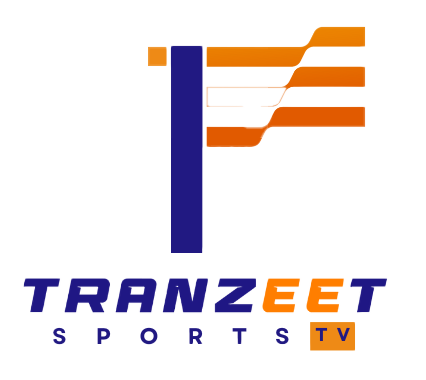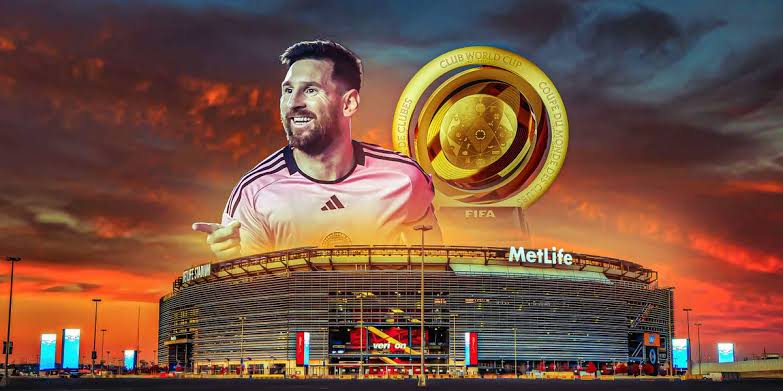The 2025 FIFA Club World Cup, which kicked off on June 14 in the United States, marks a major turning point in the history of club football. This newly expanded 32-team format is a big leap from what we’ve known before (a once-a-year, seven-team event) to what’s now a global football festival held every four years. Let’s break down how this bold new format came to life, how teams were selected, and why performances from 2021 to 2024 played such a big role in deciding who made it.
The idea for this bigger Club World Cup dates back to 2016, when FIFA President Gianni Infantino floated the vision of creating a tournament that could match the UEFA Champions League in both prestige and reach. By 2017, plans were in motion to expand the competition to 24 teams, replacing the now-scrapped FIFA Confederations Cup. China was set to host the first edition in 2021 until the COVID-19 pandemic threw everything off.
Fast forward to March 2019: FIFA made things official at its Council meeting in Miami, approving the new format. The idea continued to evolve, and by December 2022, the final format was locked in to 32 teams, just like the men’s World Cup, with the first edition to be held in June 2025. A year later, on June 23, 2023, the U.S. was confirmed as the host, giving the country another warm-up act ahead of the 2026 World Cup. Despite pushback from player unions like FIFPRO and the World Leagues Forum over fixture overload and player burnout, FIFA pushed ahead, backing the project with a massive $1 billion broadcast deal from DAZN and promising serious prize money.
The competition now features eight groups of four teams. The top two from each group move on to the knockout rounds, all leading up to the grand finale on July 13 at the MetLife Stadium in New Jersey. Every match is designed to determine who the best club in the world is, with teams representing all six FIFA confederations:
- UEFA (Europe)
- CONMEBOL (South America)
- AFC (Asia)
- CAF (Africa)
- CONCACAF (North & Central America and the Caribbean)
- OFC (Oceania)
FIFA distributed the 32 slots based on each region’s competitive weight. UEFA leads the pack with 12 slots, followed by CONMEBOL with 6. CAF, AFC, and CONCACAF each get 4 spots, OFC has 1, and the host nation (the U.S.) got an automatic entry.
Teams qualified through two routes: either by winning their confederation’s top club tournament between 2021 and 2024 or by consistently ranking high over those four years. To avoid any one country dominating, FIFA placed a cap of two clubs per nation — unless more than two clubs from the same country won their continental title.
UEFA (12 slots)
Champions League winners Chelsea (2021), Real Madrid (2022, 2024), and Manchester City (2023) got automatic tickets. The rest of the slots were filled using UEFA’s club coefficient system based on results from 2021 to 2024. Points were awarded for wins, draws, and progress through the Champions League stages.
Bayern Munich, PSG, Atlético Madrid, Juventus, Benfica, Porto, Borussia Dortmund, and Red Bull Salzburg made the cut through rankings. Meanwhile, big names like Liverpool, Barcelona, and Napoli were left out — victims of the two-club-per-country limit.
CONMEBOL (6 slots)
Brazilian clubs swept the Copa Libertadores between 2021 and 2024, sending Palmeiras, Flamengo, Fluminense, and Botafogo to the tournament. Since they all won the title, the two-club rule didn’t apply.
River Plate and Boca Juniors — two Argentine giants — were the best of the rest, qualifying based on consistent performances in the Libertadores, including Boca’s 2023 final run.
AFC (4 slots)
Al Hilal (2021), Urawa Red Diamonds (2022), and Al Ain (2024) claimed the three available winner slots. With a shift in the AFC calendar starting in 2023–24, only three seasons were eligible. Ulsan HD earned the last spot based on strong performances throughout the period.
CAF (4 slots)
Al Ahly’s dominance was on full display winning three titles in 2021, 2022, and 2024. Wydad AC joined them for their 2022 win. Rankings secured spots for Esperance de Tunis and Mamelodi Sundowns, thanks to deep runs in the Champions League.
CONCACAF (4 slots + host nation)
Monterrey (2021), Seattle Sounders (2022), and Pachuca (2024) made it through as winners. But the 2023 title by Club León was invalidated due to shared ownership with Pachuca, leading to a playoff between LAFC and Club América. LAFC won 2–1 in extra time on May 31, 2025.
Inter Miami, led by Lionel Messi, got the U.S. host slot after winning the 2024 MLS Supporters’ Shield, a decision that stirred controversy, especially as they were chosen over MLS Cup champions LA Galaxy. Critics said it was more about marketing than merit.
OFC (1 slot)
Auckland City, winners of the OFC Champions League (and serial champions with 11 titles in 14 years), earned the single Oceania spot. The 2021 edition had been canceled.
For the non-European confederations, points were handed out like this:
- 3 points for a win
- 1 point for a draw
- 3 bonus points for every stage advanced in their continental tournament
UEFA’s coefficient used a similar approach but tailored for the Champions League structure.
For example, Man City’s 2023 title run included 4 group wins (8 points), 2 draws (2 points), 4 knockout wins (8 points), and bonuses for reaching the round of 16 (5 points) and final (3 points), a haul that put them among the top-ranked clubs.
Not everything has gone smoothly. Inter Miami’s inclusion drew accusations of FIFA favoritism, with many saying their selection was more about Lionel Messi’s star power than sporting merit. And the two-club rule left some European giants especially Liverpool and Barcelona watching from home.
The tournament’s packed schedule has also raised concerns, especially from players’ unions worried about fatigue and injuries. But with $1 billion in prize money and a global spotlight, FIFA is betting big that this revamped Club World Cup will become the new gold standard in international club football.

